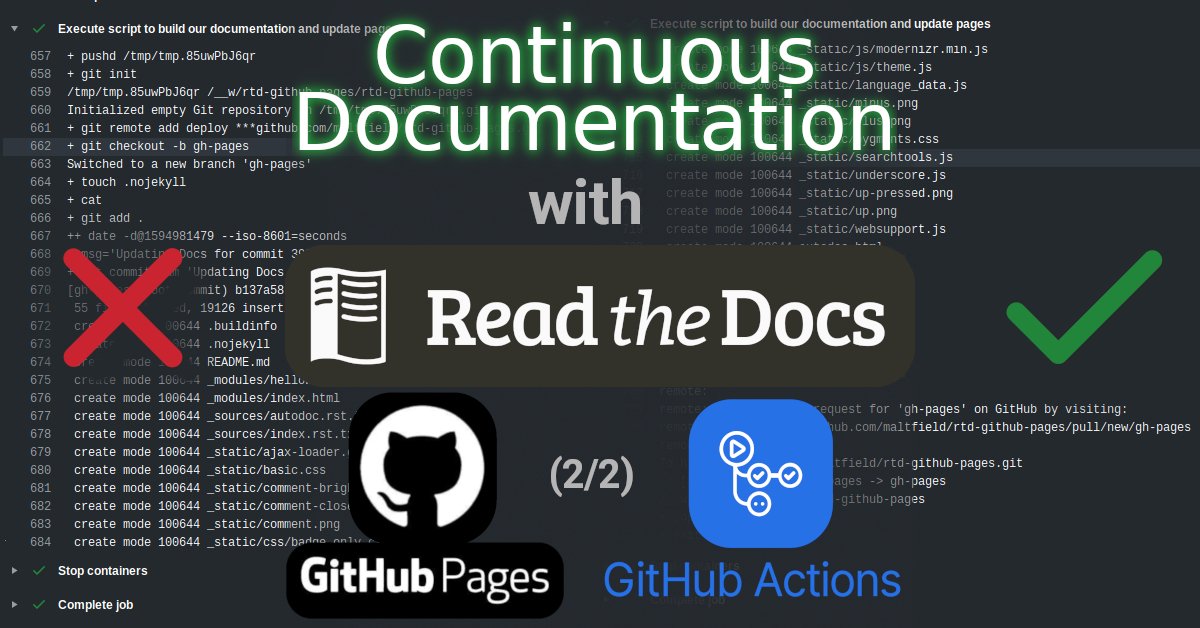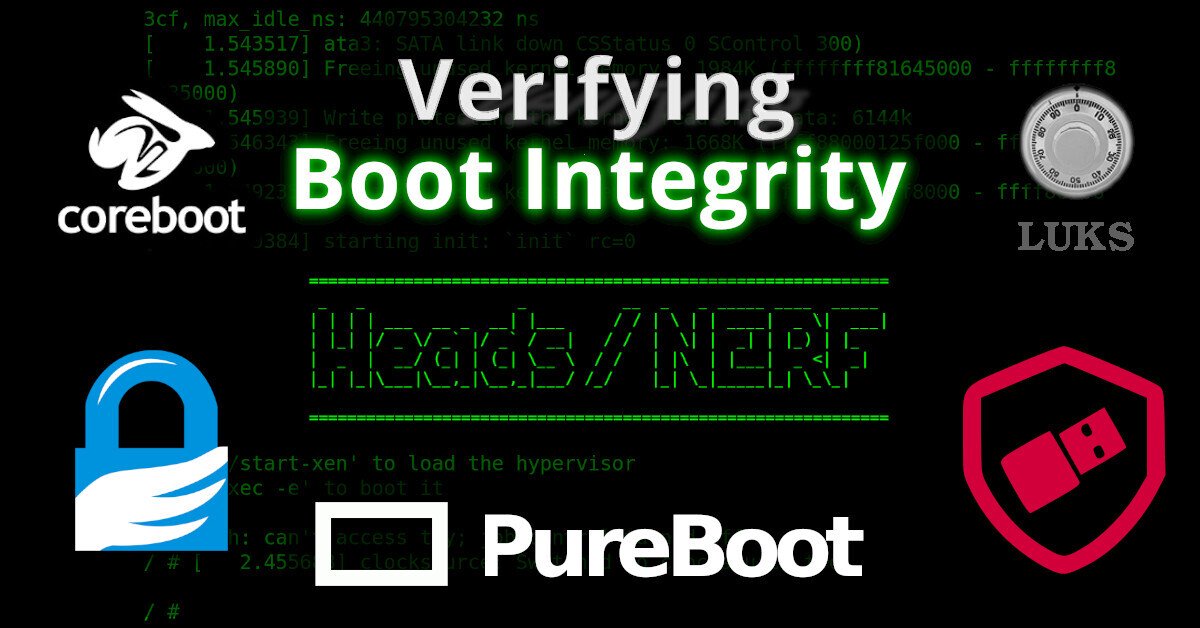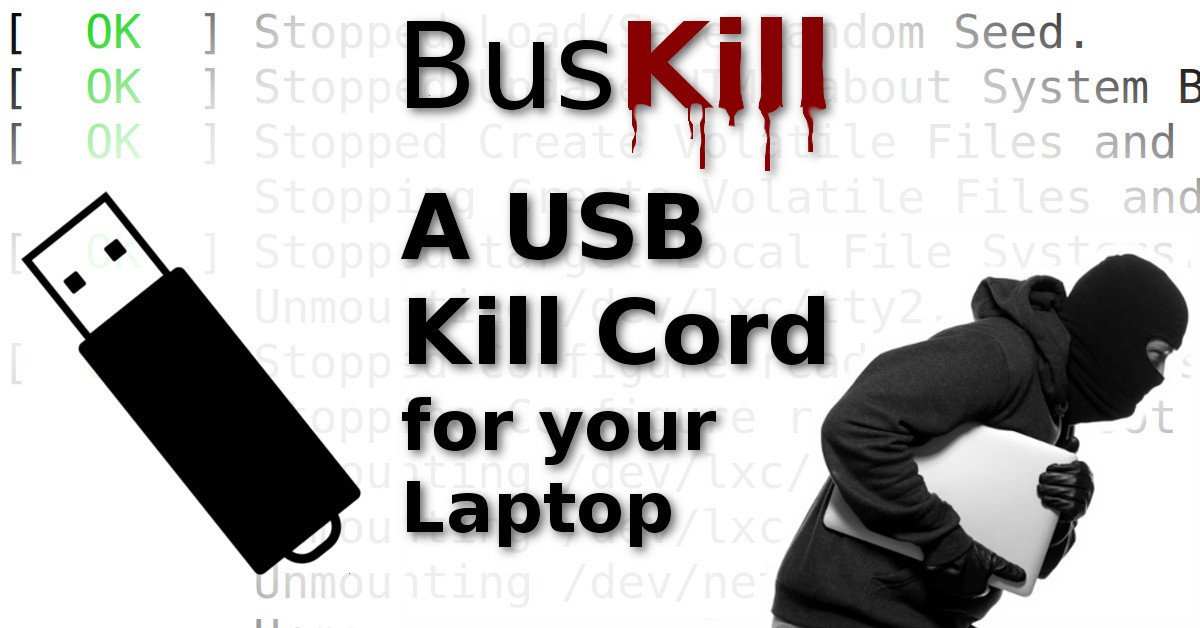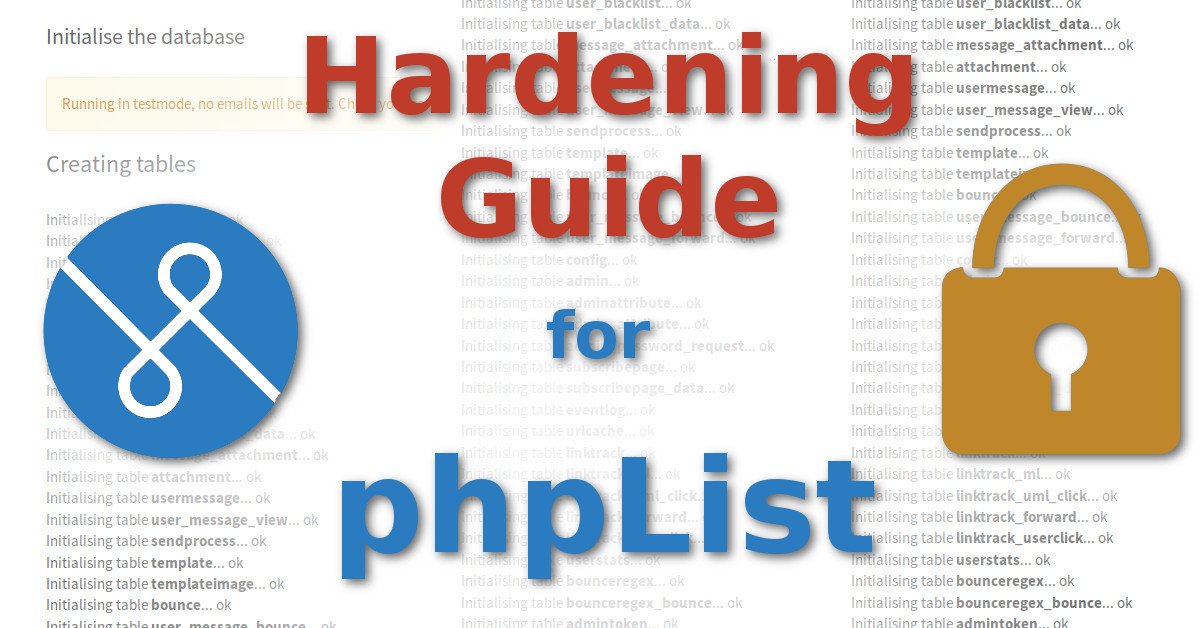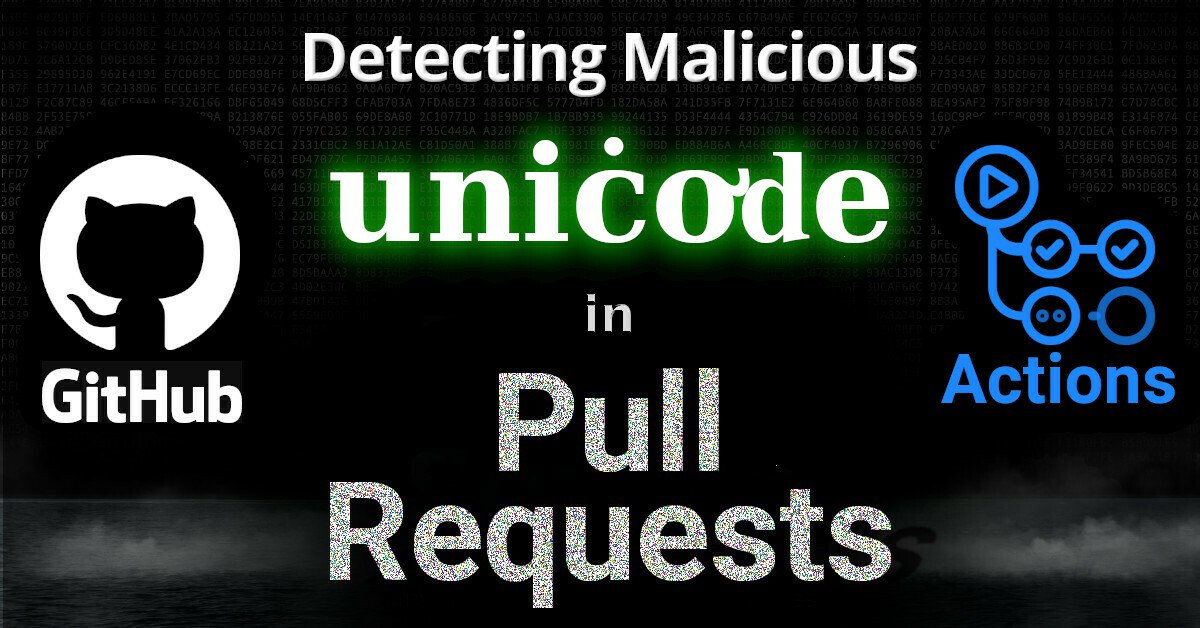
This article introduces the concept of “3TOFU” — a harm-reduction process when downloading software that cannot be verified cryptographically.
⚠ NOTE: This article is about harm reduction.
It is dangerous to download and run binaries (or code) whose authenticity you cannot verify (using a cryptographic signature from a key stored offline). However, sometimes we cannot avoid it. If you’re going to proceed with running untrusted code, then following the steps outlined in this guide may reduce your risk.
TOFU
TOFU stands for Trust On First Use. It’s a (often abused) concept of downloading a person or org’s signing key and just blindly trusting it (instead of verifying it).
3TOFU
3TOFU is a process where a user downloads something three times at three different locations. If-and-only-if all three downloads are identical, then you trust it.
Why 3TOFU?
The EFF’s Deep Crack proved DES to be insecure and pushed a switch to 3DES.
During the Crypto Wars of the 1990s, it was illegal to export cryptography from the United States. In 1996, after intense public pressure and legal challenges, the government officially permitted export with the 56-bit DES cipher — which was a known-vulnerable cipher.
But there
. . . → Read More: 3TOFU: Verifying Unsigned Releases


